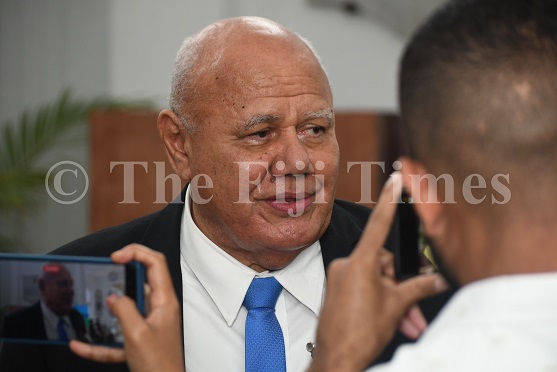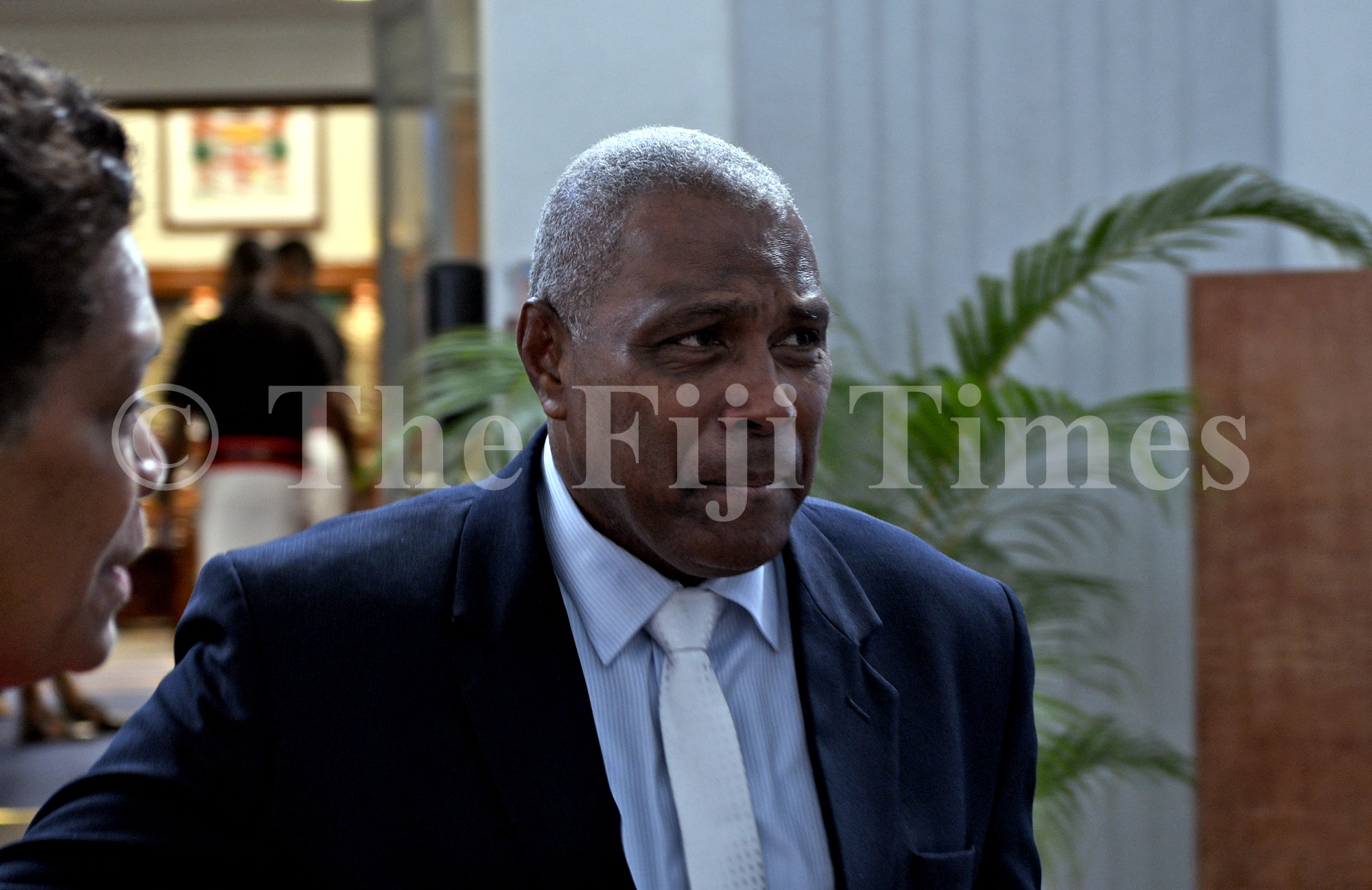THE role of the Auditor-General is to support Parliament by holding the Government to account for how it spends public money. Alongside the parliamentary Public Accounts Committee (PAC), office of the Auditor-General (OAG) plays an important role in Commonwealth countries and Westminster style democracies.
Both these institutions scrutinise and oversee how Government uses public sector resources and are thus essential institutions in economic governance. Through timely audit reports, accountability and transparency of the financial activities of the Government are assured.
The audit reports prepared by the OAG and scrutinised by the PAC keep the citizens informed of the financial activities of the Government. Auditing reports, timely dissemination and public scrutiny of it is therefore regarded as a cornerstone of good governance.
The audit findings and recommendations aim to promote integrity and accountability in the financial management affairs of Government. Apart from public consumption, the audit reports are also used by the Government to improve its systems and processes to ensure proper and effective use of public funds.
At least once every year, the Auditor-General is required to report to Parliament on the results of audits. Audit reports are also made available to the public and are published on the website of the OAG.
After audit reports are presented to Parliament, the PAC will examine all reports of the Auditor-General tabled in Parliament and report back to Parliament regarding any issues or matters in audit reports the PAC believes should be drawn to the attention of Parliament.
In order to perform the functions required under the Constitution, the Auditor-General must exhibit a high level of integrity and accountability so its independence is not compromised. The 2013 Constitution clearly states this “… the Auditor-General shall be independent and shall not be subject to the direction or control of any person or authority, except by a court of law or as prescribed by written law”.
Two recent events in Fiji, both related to audit reports, raise some important questions on the notion of independence and effective functioning of the two institutional oversight arrangements of OAG and PAC.
Firstly, the unprecedented accusation by the PAC chairman that media organisations are sensationalising the audit reports (The Fiji Times 27/07) is unwarranted and unjustified. In fact, it is in the interest of PAC, which is a parliamentary committee, to have the media cover what is reported in the audit report. This will create more interest and understanding of the issues of accountability and transparency by the citizens of the country.
It is therefore astonishing to hear that the PAC tends to believe that audit findings which grab media attention are negative. One also needs to question how the PAC defines the concept of “sensationalising” when it comes to media reporting of audit reports.
If we were to agree that the media was sensationalising the audit reports, does this mean that the PAC argues that there should be a code of conduct for reporting audit reports? Why does PAC believe the benefits of sensationalising are less than the cost of sensationalising?
Indeed sensationalising audit reports can have both benefits and costs. It is possible to argue, in same breath that PAC criticises the media, that “sensationalizing” audit reporting may keep the public informed and involved.
Secondly, the recent press conference where the Auditor-General appears alongside the permanent secretary and a senior civil servant from the Ministry of Economy to tell the media and public that there are “a number of errors in the 2016 report that need to be corrected and clarified”.
This in itself is a problem. Why was there a need for them to appear with him at the press conference?
If indeed there were “errors” in the report, the proper thing for the OAG and the Ministry of Economy to do would have been to raise those with the PAC and correct it there.
The audit report in general terms is an opinion and is not entirely an issue of errors and mistakes. That is the matter for PAC to scrutinise.
This is why PAC has the powers of the High Court where it can call for witnesses and summon persons to appear before it. Once it has done all these, the report is then submitted to Parliament. Parliament then debates that report and every member of the Parliament, including ministers, have the right and opportunity to speak on it.
A press conference with those whom you are supposed to audit raises questions about the independence and integrity of the OAG. The OAG is an independent constitutional officer and serves Parliament not the civil service.
Decisions and behaviour in practice of public officials such as OAG are observed, directly or indirectly through the media, by the citizens. These can be used to reach an assessment of actual independence. The actual notion of independence and integrity are not only dejure arrangements (what is in the Constitution) but defacto (behaviour and norms) as well.
The decision by the OAG and Ministry of Economy to appear together in a press conference to correct errors in the A-G reports sets dangerous precedents. It has created a perception that there is interference in the work of the OAG and has the potential to undermine the work of the PAC. The OAG should not present a supplementary report to correct the errors. Instead it should appear before the PAC and correct it there.
With these issues, Parliament might have to investigate the various pieces of legislation that deal with the audit process from beginning to end until the PAC presents its report to Parliament.
* These are the views of Neelesh Gounder, and not of The Fiji Times or of USP where he is employed.






